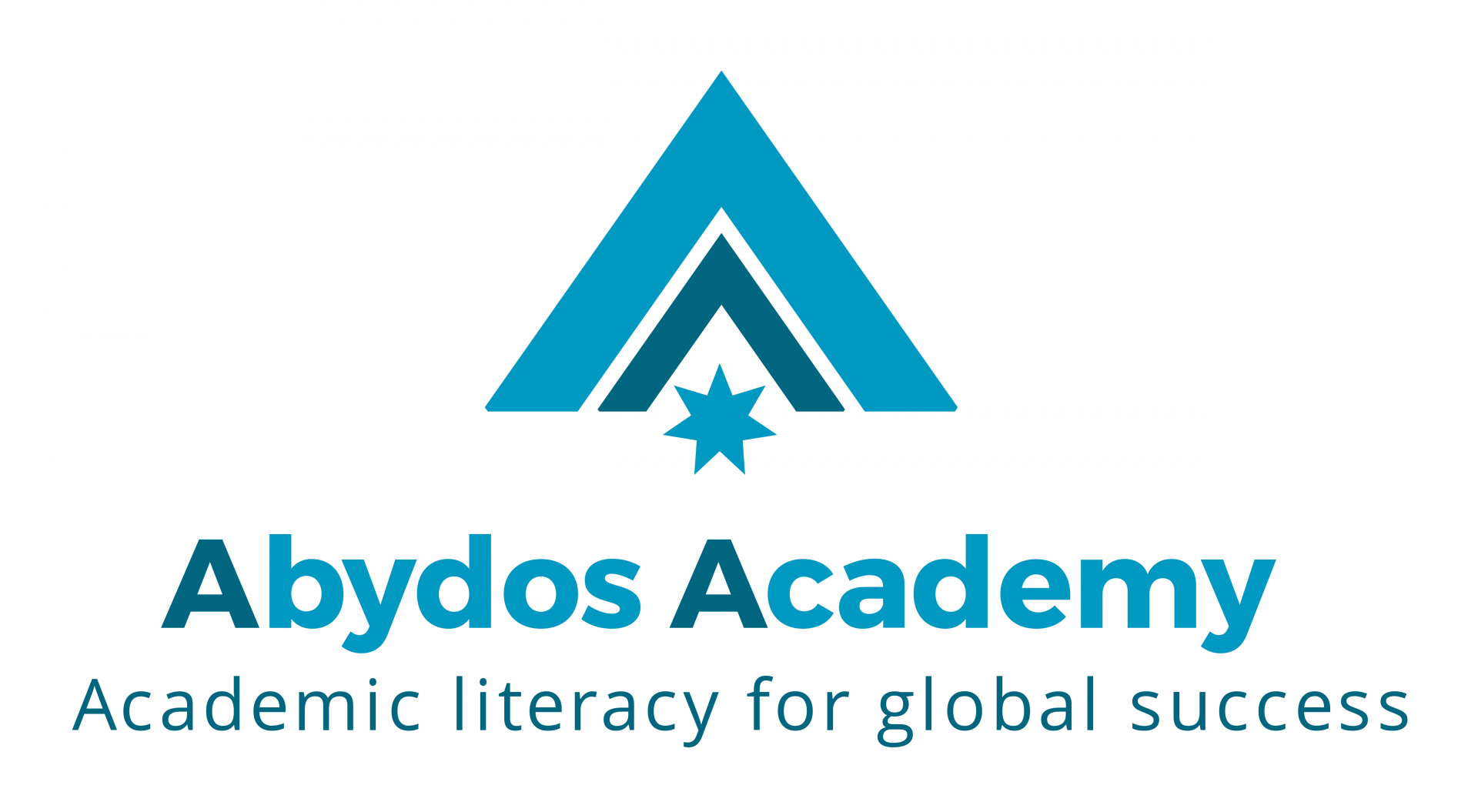What is Critical Reading and Why is it Important?
Aby D Blog Team
Critical reading is a skill that is used when someone is reading something, and they are trying to understand what the author is saying. It can also be used when someone is trying to decide if they should trust what the author is saying. Critical reading involves looking at the text closely and asking questions about it. This helps you understand the text better and helps you make judgements about the value the text has for your assignment.
What is Critical Reading?
Critical
reading is a skill that is used to analyse, question, and interpret written
works. It allows for the understanding and assessment of an author's argument,
and the ability to form an independent judgement. Critical reading is important
because it allows for a greater understanding of the world around us and helps
us to develop our own opinions on issues. We write differently for different
purposes, and it's the same with reading. The key to good academic reading is
to identify why you're reading or what you read, and then use different reading
techniques to achieve these different kinds of purposes. You are not expected
to read everything, so it's important to be selective about what you read.
Reading analytically means understanding why you are reading and reading only what we deem to be invaluable to our purpose. Use what you determine is necessary for your assessment. For purposes of your question mapping, do what you can to identify where there are the greatest gaps. When you finish reading a section from a book, summarize what information you pertained. Critical reading is a way of thinking about and engaging with what you read. It is a way of questioning and examining an author's argument, assumptions, and evidence. When you critically read, you are looking for the strengths and weaknesses of the text. You are also looking for ways to improve your own arguments and writing.
Reading analytically means understanding why you are reading and reading only what we deem to be invaluable to our purpose. Use what you determine is necessary for your assessment. For purposes of your question mapping, do what you can to identify where there are the greatest gaps. When you finish reading a section from a book, summarize what information you pertained. Critical reading is a way of thinking about and engaging with what you read. It is a way of questioning and examining an author's argument, assumptions, and evidence. When you critically read, you are looking for the strengths and weaknesses of the text. You are also looking for ways to improve your own arguments and writing.
What NOT to do...
Some students enjoy reading academic texts like a novel: from the beginning to the end and think they can remember everything they've read, but that is inefficient and unrealistic. Critical reading places an emphasis on determining which texts can be trusted as pertinent and credible, as some are more compelling or valid than others. It is critical that you keep your topic or research question in mind when selecting relevant passages.
What to do...
When reading academic texts, it is essential to understand the context of them and appreciate the writer's purpose in writing such text. If you have a good idea about what your topic is about, you can select passages that will be most useful for you in your research.
Some "ABCs of critical reading" are as follows:
Admit your ignorance. Don't pretend you know something you don't, or that you are sure of what you think.
Be open-minded. Do not assume everything in a text is true, or that it is always reasonable or appropriate to say or do something.
Some "ABCs of critical reading" are as follows:
Admit your ignorance. Don't pretend you know something you don't, or that you are sure of what you think.
Be open-minded. Do not assume everything in a text is true, or that it is always reasonable or appropriate to say or do something.
Consider counter arguments. When you read a passage, look for any objections to what you are reading.
As you approach any text, ask yourself the following four questions to develop your critical thinking:
As you approach any text, ask yourself the following four questions to develop your critical thinking:
- Who wrote this resource, and on what authority
- Why has this resource been written?
- When was this resource written?
- What does this resource reveal that is useful to me?
In summary...
- Have a basic understanding of the topic: This can be gained from the lectures, tutorials, textbooks, or other general resources.
- Read the text with a dictionary in hand and watch for words you don't know. Ask yourself why the author wrote the passage and how it will be useful to you in your research.
-
Read slowly: When you slow down
your reading, you are more likely to make more connections within the
text.
The points covered in this blog will serve as a helpful guide for developing your critical reading skills. You can learn many more valuable strategies, tips and tricks in our Critical Reading module.
Get access today for 20% off by using the code: ABYDBLOG.
Abydos Academy ©
30% OFF!
Huge offer is waiting for you!
Click the button to make this offer yours! Limited-time only!
Do not miss!
Great offer today!
50% OFF - Describe your offer here... - Use promo code #YYY
Do not miss!
Great offer today!
50% OFF - Describe your offer here... - Use promo code #YYY


